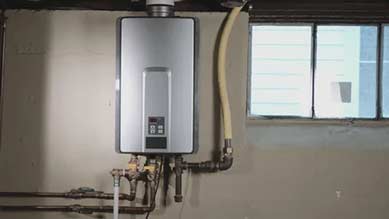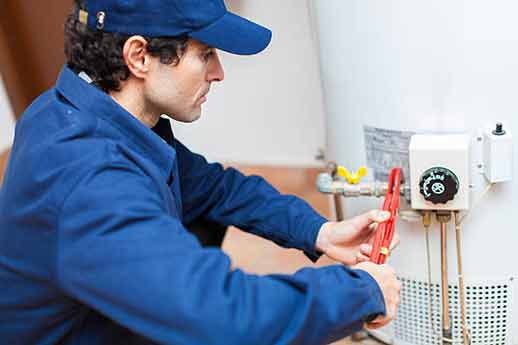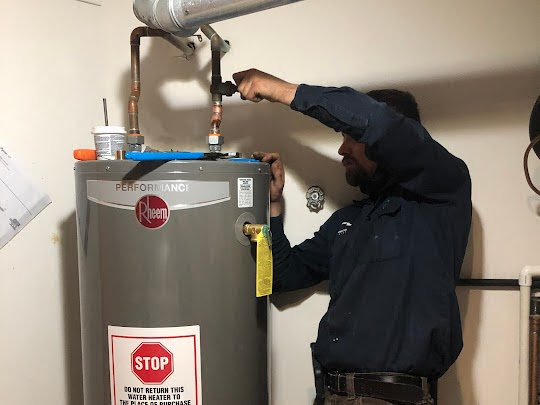Are you about to replace the old water heater in your home? If yes, do you plan to install a new unit similar to the old one, or do you plan to upgrade the water heater? There is no better time to review your home’s hot water needs than when you are about to buy a new water heater.
The two things you want to consider when buying a new water heater are how much hot water your home uses and the water heater’s energy efficiency. As Pentwell Properties say you want to buy the right size water heater that meets the family’s hot water needs and also helps you save energy.
How do you do that? The steps for sizing a new water heater for your home depend on the type of water heater you want to install: a tankless water heater or a storage-type water heart. Below are the explanations on how to size these two water heaters.
Sizing a new water heater
How to size a storage water heater
Use the unit’s First Hour Rating (FHR) to size a storage water heater. That is the number of gallons of hot water the water heater can supply per hour when it starts with a full tank. The FHR depends on the tank capacity, the source of heat, and the size of the burner.
You can usually find the FHR for the unit in the top left corner of the EnergyGuide label listed as capacity (first-hour rating). Information about the FHR can also be found in the product literature. Look for a water heater with FHR above your home’s peak hour demand.
The second thing you must know to correctly size a storage water heater is your home’s Peak Hour Demand. That is the number of gallons of hot water the home uses during the peak hour of use. That depends on the number of people in the house. How do you calculate peak hour demand?
On average, each member of your household uses around 12 gallons of water in the shower. Multiply the number of people in the home by 12 (the number of gallons used per person). That is the number of gallons of hot water the water heater must supply during peak hours.
If there are five people in your home, the water heater must be able to supply 60 gallons of hot water during peak hours. That means the water heater must have a first-hour rating above 60 gallons. The peak hour demand must always be lower than the water heater’s FHR.
The water heater’s FHR also helps you determine its yearly cost of operation and estimated yearly energy consumption. This information can be obtained from the EnergyGuide Label, and it is different for gas and oil-powered water heaters versus electricity-powered units.

Tankless water heaters do not store water but supply hot water on demand. Sizing these types of water heaters is a bit more complicated.
How to size a tankless water heater
Tankless water heaters do not store water but supply hot water on demand. Sizing these types of water heaters is a bit more complicated. Tankless water heaters are rated according to the maximum temperature rise possible at a given flow rate.
To size a tankless water heater, you must know the flow rate for the different water devices in the home. Depending on whether you are installing a whole-house water heater or the unit is for a specific fixture, you may now determine the required temperature rise at that flow rate.
As a first step, list all the water devices in the home. Add up the flow rates for all the water-utilizing appliances and plumbing fixtures in the house, or add up the flow rates for all water devices you expect to use simultaneously, such as a faucet and showerhead.
If you do not know the flow rate for a device, you can calculate it by holding a pan or bucket under that device. Run the water for a minute and calculate how much water has flowed into the pan or bucket. Typically, this will be between 0.75 gallons and 2.5 gallons per minute.
To calculate the desired temperature rise for the unit, deduct the incoming water temperature from the required output temperature for the water heater. You may assume an incoming water temperature of 50ºF (10ºC) can hold a thermometer under a cold-water faucet to get the temperature reading.
With these details – the flow rate for your home and the required temperature rise for your new water heater – you now have an objective measure for deciding if a tankless water heater is suitable for your home.
In Conclusion
Remember that buying a new water heater is not just about choosing the proper unit. There are other essential considerations, as well as the process of installing the water heater. To get the most out of your new water heater, you may want to talk to a professional before you make any decisions.


